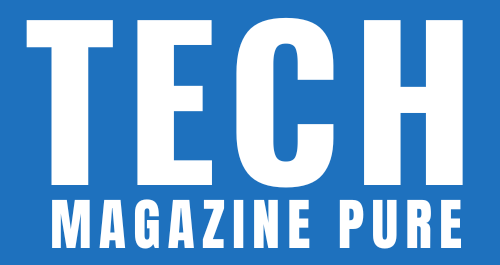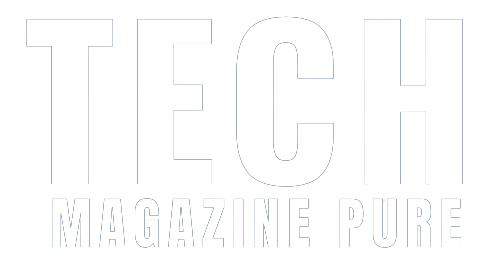In the modern era, the synergy between business and technology has become a driving force behind organizational success and innovation. Business Technology, also known as IT in the context of business, encompasses the integration and application of technology to streamline operations, enhance decision-making, and create a competitive advantage. In this article, we delve into the essence of it, its key components, and the transformative impact it has on empowering organizations in the digital age.
Understanding Business Technology
Business Technology refers to the strategic use and application of technology solutions to achieve business goals and objectives. It involves the deployment of hardware, software, data, and communication systems to optimize business processes, improve efficiency, and drive growth. The core focus of it is to leverage technological advancements in alignment with business needs, ensuring a seamless and efficient functioning of operations.
Key Components of Business Technology
- IT Infrastructure: The foundation of it lies in establishing and maintaining a robust IT infrastructure, including hardware, networks, servers, and data centers.
- Software Solutions: it involves the implementation of various software solutions, including enterprise resource planning (ERP) systems, customer relationship management (CRM) software, and productivity tools.
- Data Management and Analytics: Effective data management and analytics are critical components of it, enabling organizations to gain valuable insights from data and drive data-driven decision-making.
- Cybersecurity: Protecting sensitive business information and ensuring data security is an integral part of it, safeguarding against cyber threats and breaches.
The Transformative Impact of Business Technology
- Streamlining Business Processes: it automates and optimizes business processes, reducing manual efforts and enhancing overall efficiency.
- Enhancing Customer Experience: By leveraging technology, organizations can provide personalized and seamless customer experiences, fostering customer loyalty and satisfaction.
- Data-Driven Decision-Making: it empowers organizations to make informed decisions based on data insights, leading to improved outcomes and strategic planning.
- Global Connectivity and Collaboration: Technology enables organizations to connect and collaborate globally, breaking geographical barriers and fostering teamwork across locations.
It plays an integral role in the success and sustainability of modern organizations. By embracing technology solutions and aligning them with business objectives, organizations can enhance their efficiency, competitiveness, and customer satisfaction. The transformative impact of it is evident in the way organizations adapt, innovate, and thrive in the digital age. As technology continues to evolve, the essence of it will remain at the core of driving organizational growth and enabling a future where businesses and technology synergize to create limitless possibilities. Embracing the potential of it empowers organizations to navigate the digital landscape and seize opportunities that lead to a successful and prosperous future.


